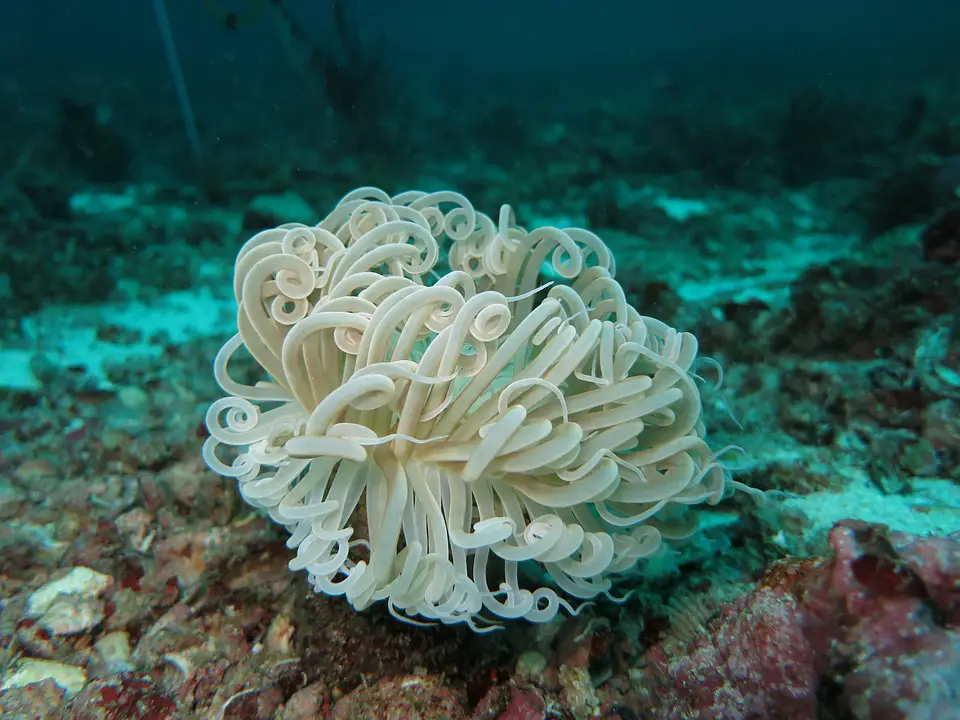Table of Contents
Introduction
Deep sea exploration is an exhilarating adventure that allows us to discover the wonders hidden beneath the ocean’s surface.
To embark on this thrilling journey, proper scuba gear is essential.
In this article, we will unveil the heavyweights of scuba gear that are best suited for deep sea exploration.
Gearing Up for the Depths
When exploring the deep sea, you need scuba gear that can withstand the immense pressures and provide you with comfort and safety.
Let’s dive into the best equipment available:
Dive Masks: Clarity and Visibility
A top-notch dive mask is crucial for clear vision underwater.
Look for masks with a wide field of view, low volume, and tempered glass for superior clarity.
Consider investing in masks with advanced features like anti-fog coating and integrated lighting for enhanced visibility in low-light conditions.
Regulators: Breathing with Ease
Regulators are the lifeline of any scuba diver.
Opt for regulators that offer excellent breathing performance, even at great depths.
Look for models with balanced first and second stages, adjustable settings, and efficient airflow.
Consider regulators that are environmentally sealed to prevent freezing in cold water temperatures.
Buoyancy Compensators: Staying in Control
To maintain neutral buoyancy while exploring the depths, a high-quality buoyancy compensator (BC) is crucial.
Look for BCs that offer secure and customizable fit, ample lift capacity, and multiple integrated weight pockets.
Ensure that the BC is equipped with reliable inflation and deflation controls for precise adjustments in buoyancy.
Wetsuits and Drysuits: Temperature Regulation
Deep-sea exploration often exposes divers to varying water temperatures.
Wetsuits are suitable for warmer waters, providing insulation while allowing flexibility and freedom of movement.
For colder waters, consider investing in a drysuit that offers full-body protection and an efficient sealing system to keep you dry and warm.
Ensure a proper fit for maximum thermal insulation.
Dive Computers: Your Underwater Assistant
Modern dive computers have become an essential tool for deep-sea explorers.
Look for computers with easy-to-read displays, intuitive user interfaces, and multiple gas integration capabilities.
Consider models with advanced features like decompression algorithms, dive log memory, and wireless connectivity for downloading dive data.
Underwater Lights: Illuminating the Unknown
Exploring the deep sea requires adequate lighting to reveal the marvels hidden in the darkness.
Invest in powerful underwater lights that offer a wide beam, adjustable brightness settings, and a long battery life.
Look for lights with durable construction and advanced features like strobe modes for emergency signaling.
FAQs
Q: How do I choose the right size for a wetsuit or drysuit?
A: To determine the correct size, consult the manufacturer’s size chart and consider taking accurate measurements of your height, weight, chest, waist, and inseam.
It’s advisable to try on different sizes for a proper fit before making a purchase.
Q: How often should I service my scuba gear?
A: It is recommended to have your scuba gear serviced annually or according to the manufacturer’s guidelines.
Regular maintenance ensures optimal performance and helps identify any potential issues that may compromise your safety.
Q: Can I use scuba gear for snorkeling?
A: Yes, scuba gear can be used for snorkeling.
However, keep in mind that scuba gear is designed for diving depths, so it may feel cumbersome for surface snorkeling.
Consider using snorkeling-specific gear, which is lighter and more suitable for snorkeling activities.
Q: Are there any certifications required for deep-sea diving?
A: Yes, deep-sea diving requires proper certification.
Organizations like PADI (Professional Association of Diving Instructors) offer certifications for various levels of scuba diving.
It is crucial to undergo proper training and gain experience before attempting deep-sea dives to ensure your safety and the preservation of the marine environment.





